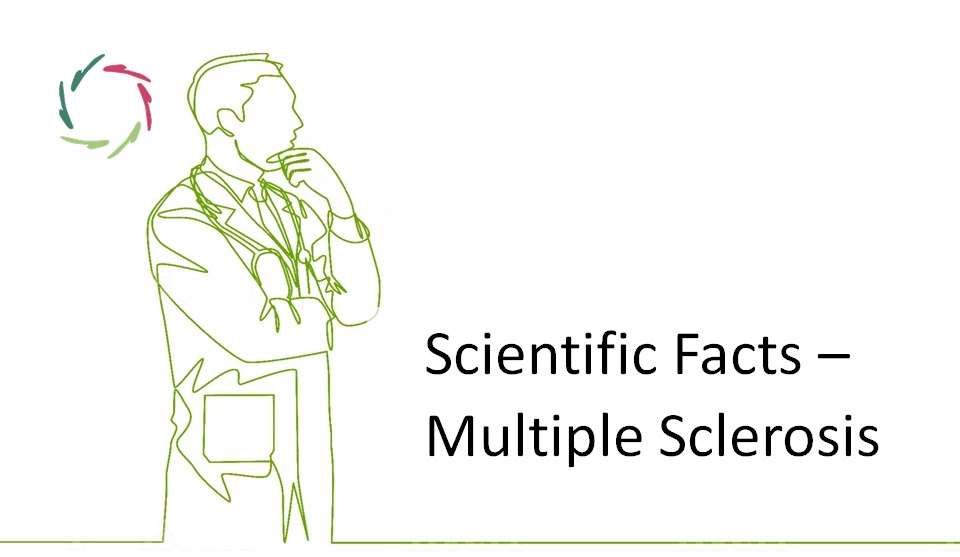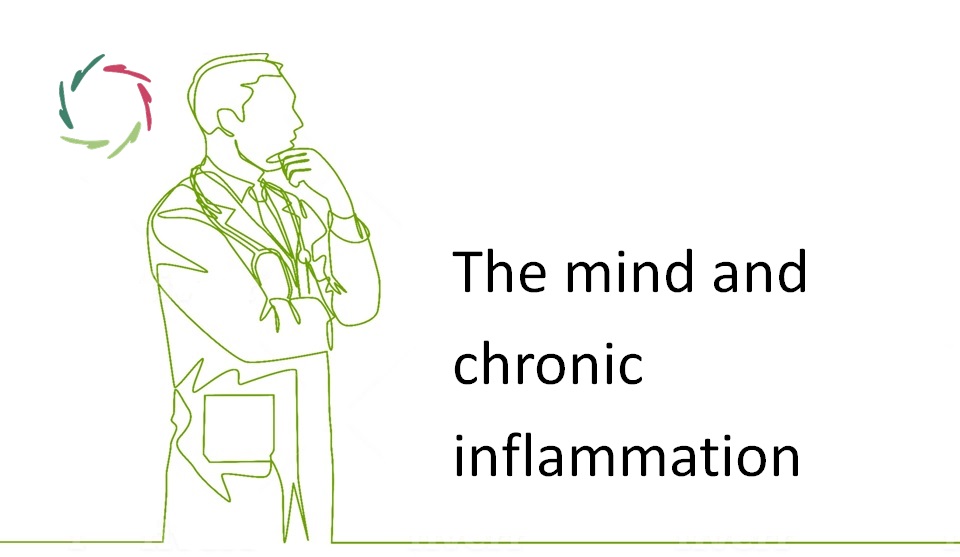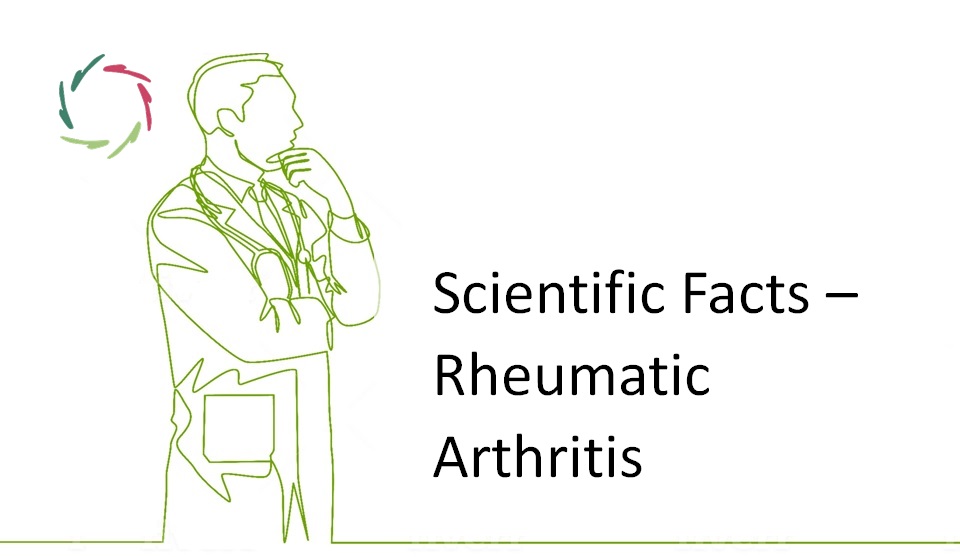Multiple Sclerosis

Since the first description of MS in 1877, psychological stress has been suggested as a trigger for exacerbations [Charcot, 1877]. Until recently, the clinical evidence for a causal relationship was weak.
A systematic meta-analysis from 2004 of 14 prospective studies found a significant relationship between the occurrence of stressful life events and a higher risk for relapses [Mohr et al., 2004].
In a prospective study, the presence of at least one long-term stressful life event was associated with three times the rate of exacerbations during the following 4 weeks [Mitsonis et al., 2008].
Another study describes the involvement of stress response systems in MS pathogenesis and progression in an integration of findings from molecular, cellular, experimental, clinical, and epidemiological research [Gold et al., 2005]. The authors point to the fact that several molecular studies in MS have found disruptions in the communication between the immune system and the two major stress response systems, the hypothalamo– pituitary–adrenal (HPA) axis and the autonomic nervous system. Further investigation is clearly needed.
A 2019 study found that social stress and problems, mood swings, and sleep deprivation show an impact on the severity and recurrence of MS attacks [AlZahrani et al., 2019]. This study indicates an association between acute stress and relapse in MS but not the disease onset.
In the animal autoimmune encephalitis model of multiple sclerosis, the effects of stress on disease severity depend on various factors, including the type of stressor. The studies in humans relating stress to the risk of developing multiple sclerosis have found discordant results. Nevertheless, studies looking at the association of stress with relapses show a consistent association between stress and disease activity on brain MRI, where higher stress is associated with a higher risk of relapse. Reducing stress using stress management therapy results in a significant reduction in new brain lesions on MRI. However, this effect appears to be short-lived [Lovera et al., 2013].


